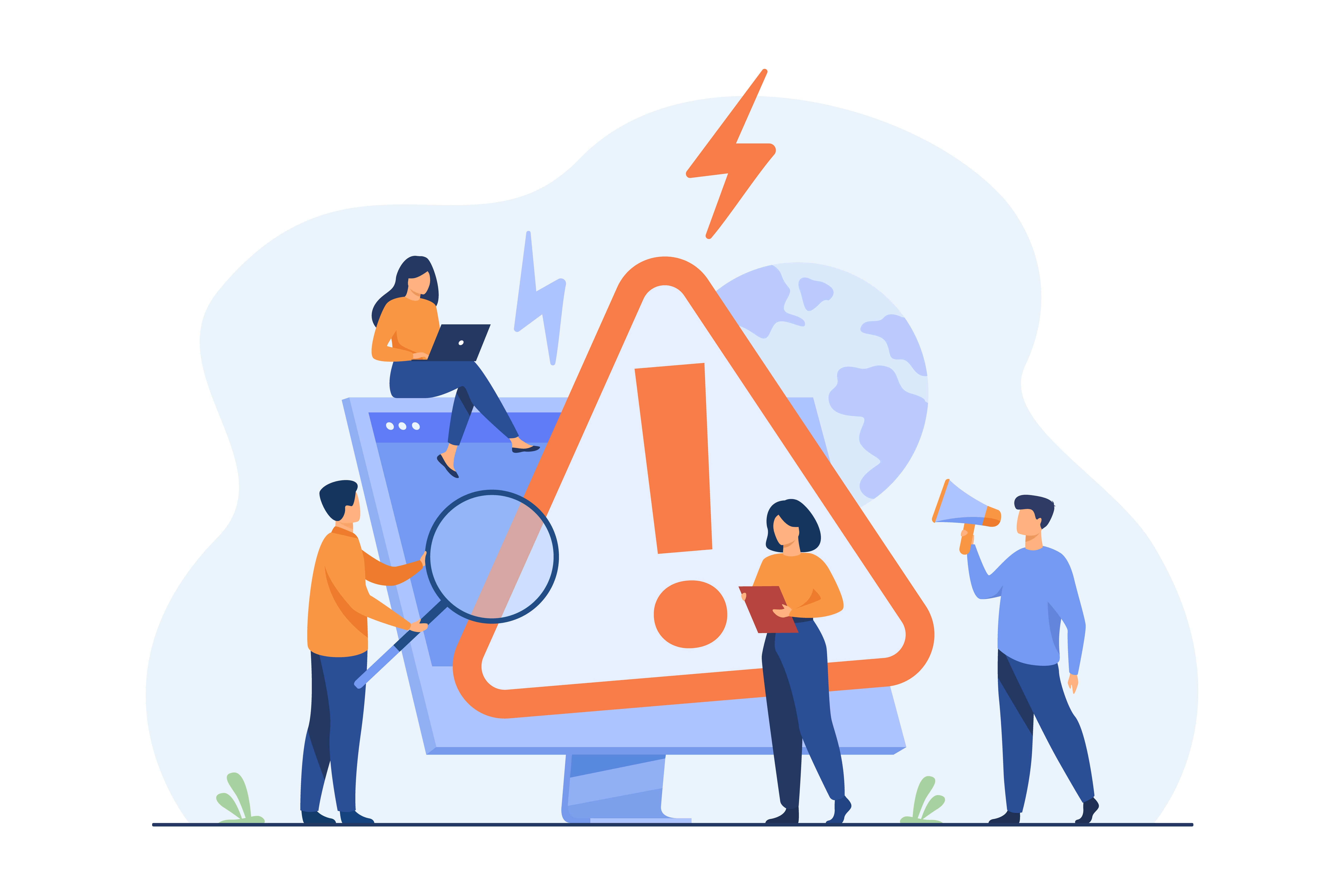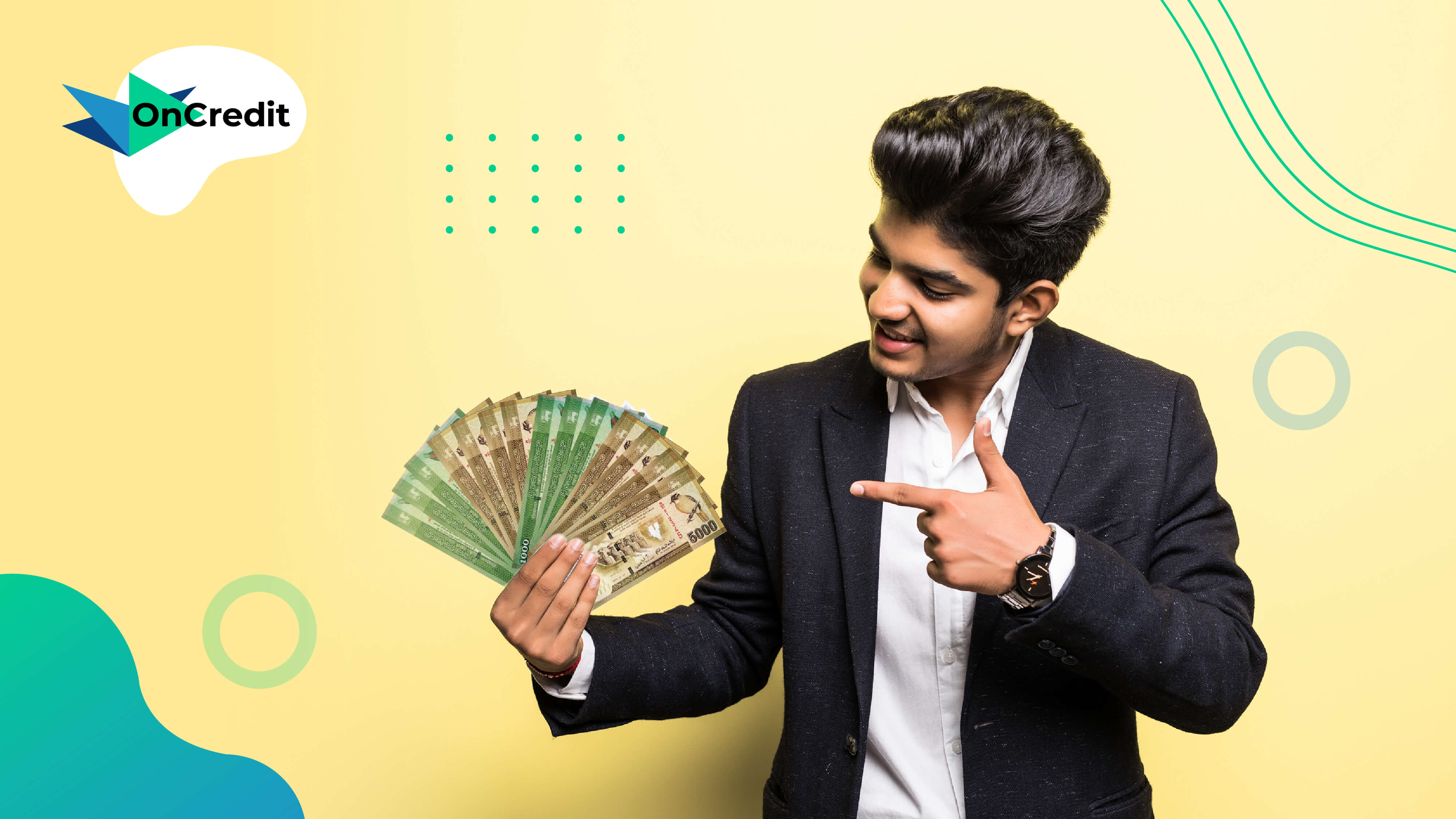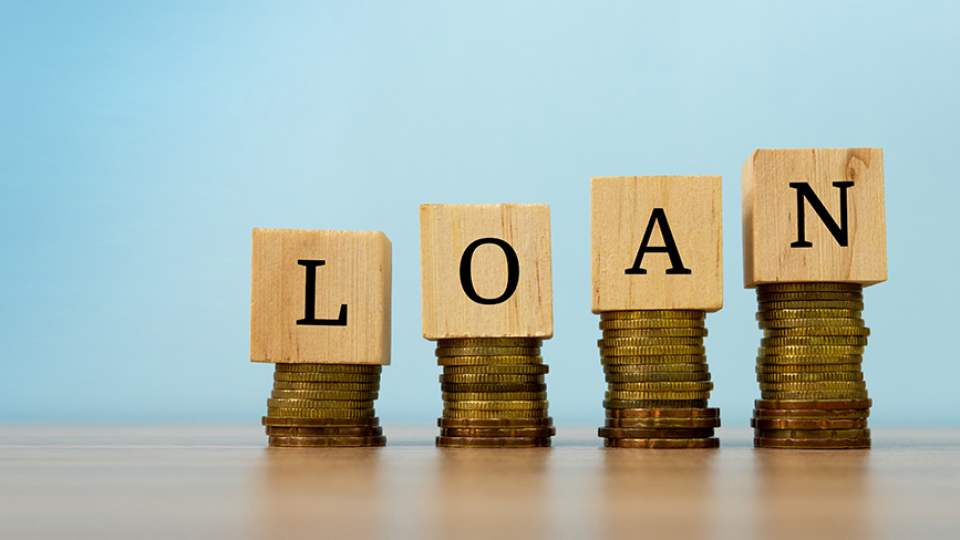Applying for your first credit credit can be daunting after you’ve had years to listen to all the horror stories from family, friends and every financial guru online about the perils of credit card debt. However, there arrives a point in your adult life where a credit card seems like an extremely valuable option to have on hand should the need arise. It might be to stagger payments for the purchase of a large asset through monthly instalment plans (e.g. large household appliances, electronic goods), to take advantage of great credit card offers or simply as a readily-available credit facility just in case you are faced with a financial emergency.
Dangers of getting a credit card
The fundamental way that credit cards work is by tempting customers to spend more money than they actually have and then charge very high interest rates on the amount that the customer can’t immediately pay back. For example, the minimum payment for a Rs. 10,000+ monthly bill is just a few hundred rupees, which lulls customers into a false sense of ease all the while interest is being charged on the rest of the due amount. By the time they realise what’s happening, the interest has grown so large that there seems to be no hope of getting out.

While there are many ways you can get out of credit card debt completely, here are some ways on how you can avoid getting into debt altogether by stopping the use of your credit cards.
1. Cancel your credit cards altogether
The easiest way to avoid getting into credit card debt is to simply have no credit cards. If you don’t have one already, avoiding applying for one won’t be too difficult if you take a few minutes to read up on the severity of the potential risks. If you have a credit card which you don’t use too often, cancel it and plan other ways that you can manage your larger expenses. Rather than making the purchase and then paying it off, the practice of saving up your cash and then making the purchase outright in cash is a good habit to cultivate. If you don’t want to cancel your credit card entirely (for various reasons such as credit score, relationship with bank etc.), you can cut up your card into pieces. While this won’t cancel the account that you have with your bank, you won’t have a card to use. If you need your credit card for some reason in future, you can always reapply for a new card. When you have no credit cards, there is no way for you to get into credit card debt.
2. Keep your credit card at home
If you do have a credit card and you don’t want to get rid of it (possibly for work-related purposes or absolute emergencies), you can just leave your credit card at home. That way, if you are ever tempted to make a purchase you would need to go back home and fetch your credit card. The hassle of going through this extra step makes you second guess your purchase and ensures that you only ever use your credit card for critical and pre-planned expenses. You can even store your credit card in a hard-to-reach area in your home to make swiping your card even more difficult (some people are even known to freeze their card inside a large water bowl!).
3. Keep multiple debit cards
Debit cards are a great alternative to credit cards as you only spend what you have, without relying on credit. If you are worried about spending too much, you can have multiple bank accounts with debit cards, each designated for a special purpose into which you will deposit a budgeted amount every month when you receive your paycheck. Whenever you go shopping, you could use a separate debit card that has only around ten thousand rupees on it, so that you never end up spending your entire monthly spending allocation on one day. Similarly, you could have different debit cards allocated for various types of expenses e.g. bills, shopping, emergency so that you never end up needing to depend on credit for various purposes.
4. Keep only one credit card
If you are someone who has multiple credit cards, that’s a great place to start reducing usage from. Getting rid of all your cards but one reduces the temptation to spend, and also provides a reality check everytime you see the grand total on one bill at the end of each month, rather than lesser amounts staggered across various bills. This way, you will always be conscious of exceeding your credit limit and will reduce the number of times you whip out your card for even the smallest expenses.
5. Find a different source of credit
If you are keeping a credit card on hand “for emergencies” yet you seem to have “emergencies” more often than is plausible, that means it’s time to either relook at what you consider emergencies or find another source of cash for emergencies. Payday loans are a great alternative for when you need to take a small cash loan that can be paid back the day you get your salary - the very nature of payday loans means that you will never be able to borrow more than you can pay back with one salary.
.jpg) However, all of the above-mentioned tips are completely unnecessary if you are able to exercise a bit of self control and simply stop using your credit card through sheer willforce.
However, all of the above-mentioned tips are completely unnecessary if you are able to exercise a bit of self control and simply stop using your credit card through sheer willforce.







